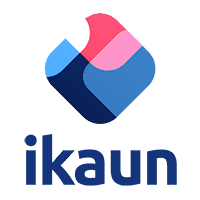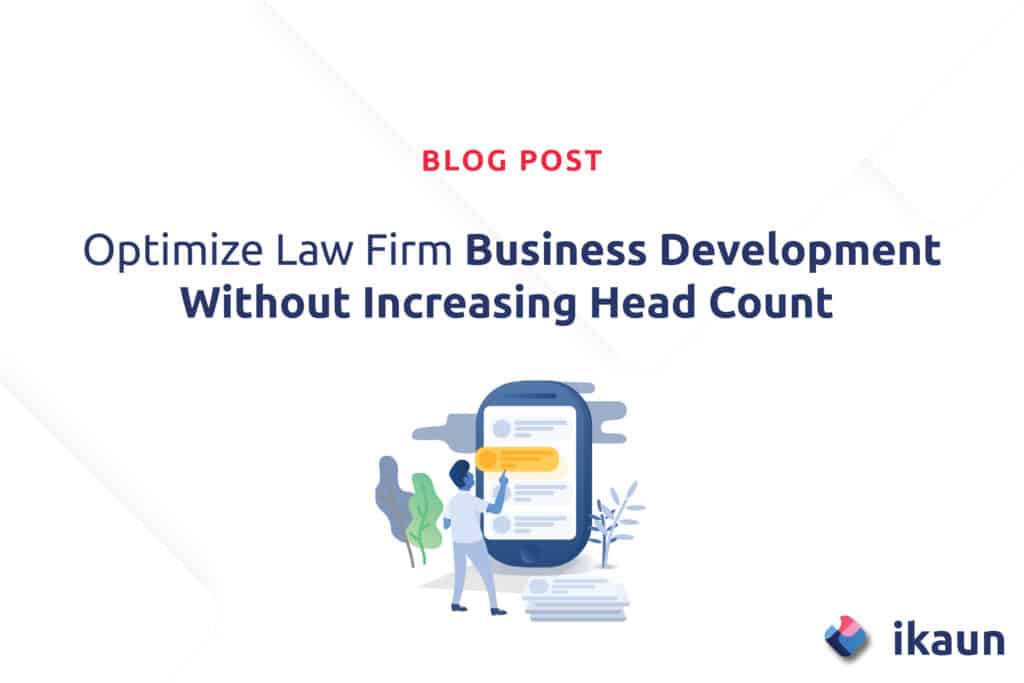With 25% of law firms experiencing a data breach, are older on-premises servers still safe?
Is cloud storage actually more secure?
Traditionally, security has been the number one concern for law firms considering cloud migration. The idea of giving up control of your firm’s data to a third party that stores it in a remote server room is still a big concern for many lawyers. But is this concern valid?
As cloud adoption increases among law firms, many lawyers say they don’t understand the security behind the service. How do these providers keep data safe, and what do law firms need to know about IT security in the cloud?
Why cloud security matters to law firms
Your client data is an enticement for hackers seeking corporate secrets. Even the smallest law firm is a trusted repository for client financial data, legal information, and trade secrets. Your reputation — and the client — could be irreparably harmed should a breach occur.
The American Bar Association (ABA) says that one of every four law firms is a victim of a data breach. It’s such a concern that the ABA came out with a formal ethics opinion on the obligations of a law firm when experiencing a data breach.
Some of the most common ways data can be breached include:
- Ransomware is malicious software sent via an email that locks down computers until a ransom is paid to the hacker.
- Weak passwords can inadvertently open a door to hackers attempting to steal employee login credentials.
- Phishing is an email carrying a virus designed to disrupt normal operations and steal data.
While these are three common examples, hackers constantly evolve their tactics. That’s why building your technology stack on top of a secure, scalable, and adjustable cloud platform is critical to thwarting new and innovative attacks.
What options exist in the cloud for law firms — and which is most secure?
The reality of the cloud today is that it is more secure than on-premises data storage. Cloud providers have teams of security professionals devoted to staying one step ahead of hackers; can your law firm say the same?
Once your firm determines that cloud data storage is the right approach, there are several options, including:
- The public cloud is a shared service with data servers owned and operated by a third-party cloud service provider and delivered via the internet. This offers cost savings, unlimited scalability, high reliability, and no server maintenance.
- A private cloud is also hosted in a third-party data center so you don’t have to deal with managing an IT infrastructure. But instead of sharing storage space with other companies in a large data center, your firm has its own private server and network. This arrangement is typically even more secure than the public cloud.
- The hybrid cloud combines on-premises server architectures at your firm with a private or public cloud. Your data moves between both environments, allowing you greater control and better redundancy.
Best security practices for law firms in the cloud
Most law firms still have on-premises servers, yet 25% of them have experienced a data breach. Could these firms adopt a hybrid cloud model as kind of a “best of both worlds”? The bottom line is that hybrid models still require maintenance of an on-premises data center with a secure infrastructure.
While a public cloud option may work for small firms, larger firms should consider the private cloud as the most secure option. The advantages of private cloud computing include more customization and the ability to leverage legacy applications, increased levels of control and security, and a high level of scalability and efficiency.
Leading cloud platforms allow for the development of transformative technology, including ikaun. Built on the Microsoft Azure platform, ikaun is optimized for security, scalability, powerful AI search, and seamless integration to the applications you rely on every day. Ikaun relies on Azure to support the application’s multi-layered security, built-in user-based access & controls, secure architecture design, data encryption and more.
See how ikaun can help your firm accelerate business outcomes. Click here to get a demo.
Key Features
Ikaun was built to help organizations easily create, discover, and use knowledge to enhance employee productivity and increase business outcomes.

Experience Finder
Leverage your organization's collective experience for better decision making; easily search for internal experts by skill sets, industry expertise, and more.

AI-Enhanced Search
Ikaun’s Intelligent-Knowledge-Assistant searches through your ikaun environment and other connected systems to help answer FAQs, find people, find assets, or support complex research scenarios.

Profiles
Create easy-to-read profiles that include biography, skills / expertise, employment history, certifications, affiliations and other key information about your employees.

Proposal Generator
Leverage experience already unified in your ikaun platform to create beautiful on-brand proposals and pitches in minutes.

Knowledge Campaigns
Deploy knowledge campaigns to inform employees about active pursuits, new clients, or firm news.

Integrations
Connect your document management systems, CRM, and other popular applications with ease and confidence.




